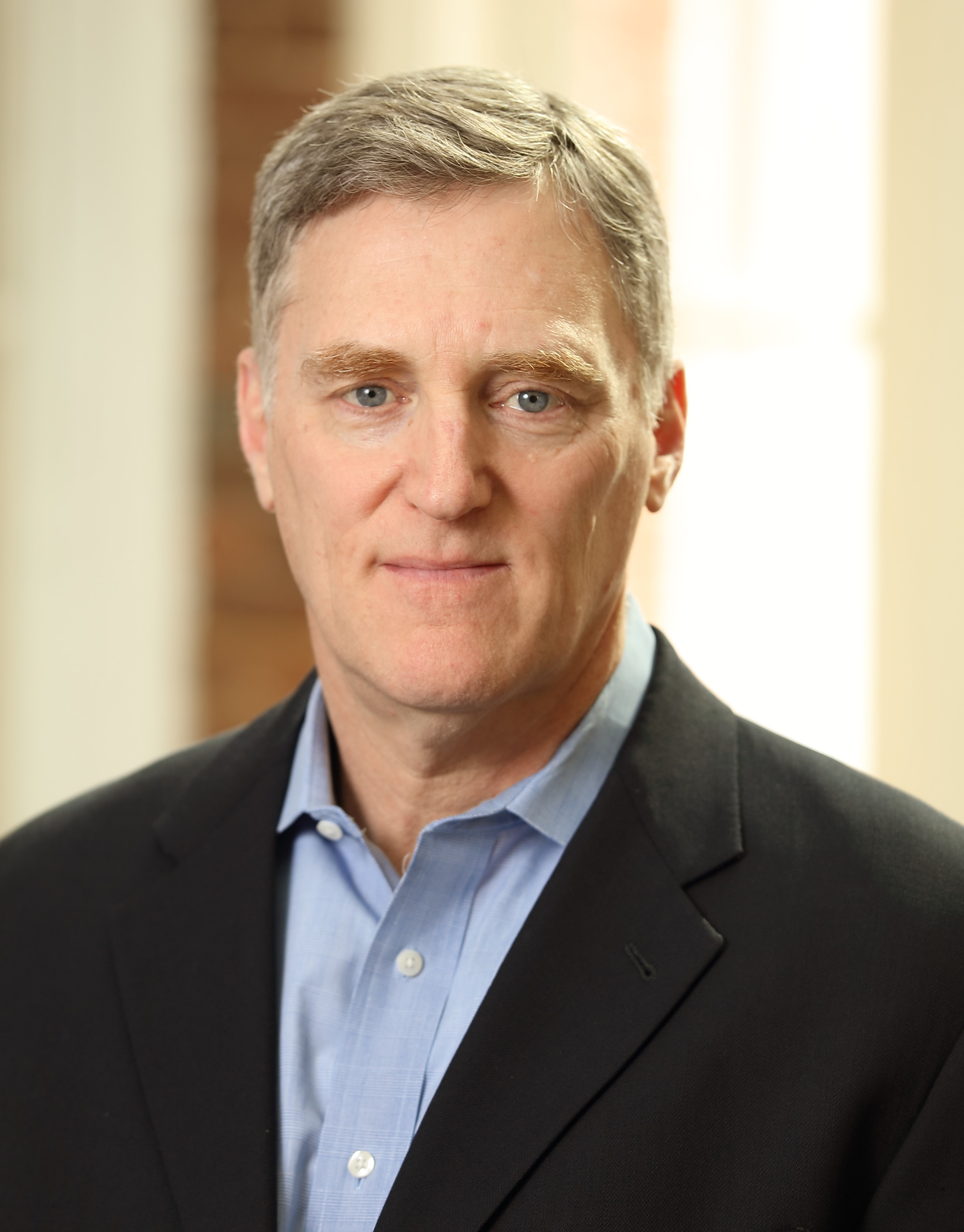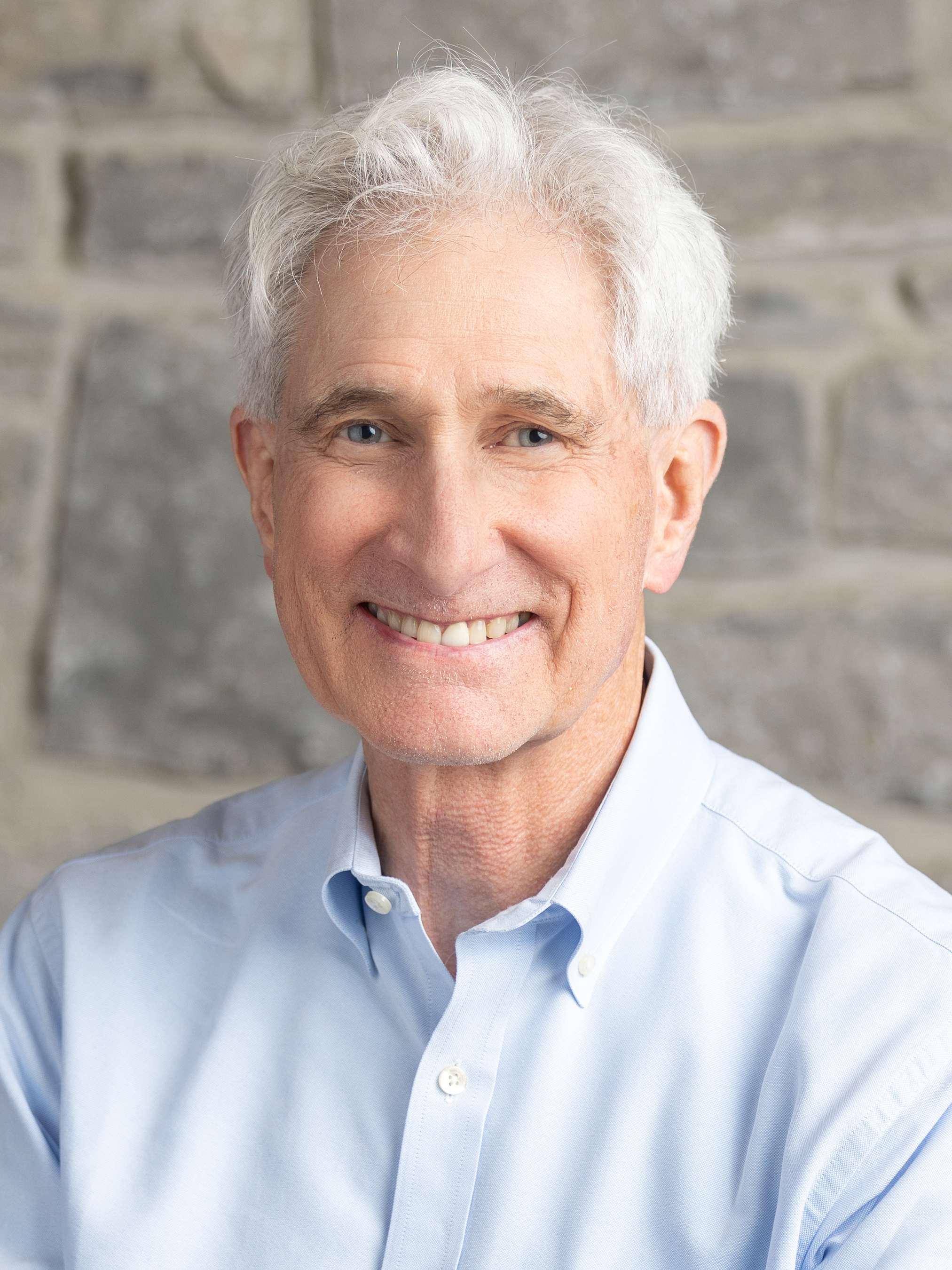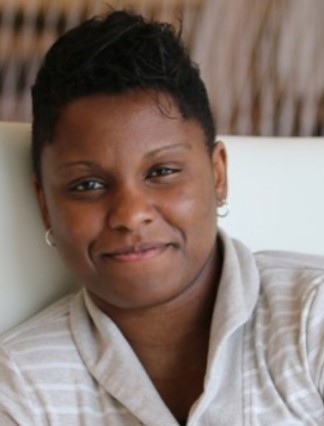Block Visitors 2025-26
We're excited to welcome our Block Visitors for Academic Year 2025-2026! Our visitor bios and course offerings are listed below. Be sure to take advantage of their unique perspectives and real-world experience in business!
Jeff Leopold
Block 1 & 2 Visitor
Teaching BB110 Driving Impact Through Product and Project Management and BU225 International Business Management
About Jeff Leopold
Jeff Leopold teaches Project and Product Management and International Business Management. He has taught additional business courses including Strategic Management and Foundations of Commerce at the University of Virginia, University of Richmond, Virginia Commonwealth University, and the Darden School of Business at UVA. He also recently served as faculty for Semester at Sea. He has taught all years of undergraduate students, MBA, and Executive MBA students. He also served as a career advisor and Assistant Dean of the Career Development Center at Darden. Jeff has developed a reputation for being an engaged and highly committed teacher who considers his office hours to be “whenever he is not in the classroom.” He is always interested in spending time with students to discuss the course, careers, or to chat about life.
Before his time in academia, Jeff pursued a multi-decade business career in strategy, operations, marketing, and consulting with roles at Capital One, Genworth Financial, Circuit City, IBM, and CSC Index. He enjoys bringing his corporate experience into the classroom by sharing relevant stories and lessons learned. He finds that the intersection of business experience with academia creates engagement, excitement, and realism. His classroom is highly interactive and energetic.
Jeff received his B.S.E. in Economics and Finance from the Wharton School at the University of Pennsylvania and his M.B.A. in Strategy and Organizational Behavior from the Kellogg School of Management at Northwestern University.
BU110: Driving Impact Through Product and Project Management
This course offers a comprehensive exploration of project and product management, emphasizing the importance of driving impact. Students across disciplines will learn the essential skills to successfully execute projects, from initiation and planning to execution, monitoring, and control. The course will delve into the critical aspects of project management methodologies, such as Agile and Waterfall, and provide practical insights into stakeholder management, risk management, quality assurance, and team collaboration. Additionally, students will gain a deep understanding of product management principles, including market research, product strategy, road mapping, and product launch. The course will highlight the significance of user-centric design, data-driven decision-making, and iterative development in creating innovative products. By focusing on impact-driven approaches, students will learn to align projects and products with strategic goals, measure success, and deliver outcomes that create lasting value and impact.
BU225: International Business Managment
Dramatic advances throughout the world are driving the globalization of business: information technology, communication, transportation, and the global supply chain, to name a few. While opportunities for international commerce have never been greater, the challenges are substantial. An understanding of international business is essential in today’s interdependent, global world. This course will provide the knowledge and ability to understand the macro (political, cultural, technological, micro (marketing, operations, human resources, and strategic elements (positioning, competition, leadership, value proposition) required for global success. The course will challenge you to develop a more comprehensive understanding of how the global environment affects management decisions.

Tim Nguyen
Half Block Visitor
Teaching BU111: Personal Financial Planning
About Tim Nguyen
Tim Nguyen has taught business, economics, finance, and public policy at numerous esteemed colleges and universities across the U.S., including Wesleyan University, University of Vermont, University of Chicago, Johns Hopkins University, and Middlebury College. He has worked primarily in investment management and healthcare service delivery for the past two decades.
BU111: Personal Financial Planning
The study of the development and implementation of a personal financial and investment program. Includes analysis of budgeting and tax planning, managing liquidity, financing large purchases, protecting assets and income, analyzing investment information, examining alternative investment types, and investing money for retirement. There is no enrollment limit to this course and it is graded Pass/Fail only.

Paul Hurt
Block 7 & 8 Visitor
Teaching BU225: Interm. Topics: The Business of Conservation
About Paul Hurt
Paul Hurt 75' served as the Deputy General Counsel for The Conservation Fund since 2001. The Conservation Fund is in the business of conservation, creating innovative solutions that drive nature-based action for climate protection, sustainable economies and vibrant communities. As Deputy General Counsel, Paul proveded legal and business support to the full range of program's including the Working Forest Fund and Natural Capital Investment Fund (a Treasury regulated Community Development Financial Institution providing capital to small businesses engaged in the sustainable use of natural resources, primarily in rural communities). He has extensive experience with real property acquistions, conservation dispositions to federal, state, and local government agencies and local land trusts, conservation easements, and federal income taxation.
BU225: Interm. Topics: The Business of Conservation
This course explores topics in conservation, including what to conserve and how to accomplish it, techniques and strategies, legal structures, economic and business opportunities and constraints, and wider impacts on communities. Emphasis on discussion and both actual and hypothetical case studies.
BU110: Sustainable Agriculture and Business
A primary focus on the sustainability of industrial agricultural practices that dominate U.S. food production, with an opportunity also to examine the impact of agricultural practices on social issues such as public health, nutrition and food insecurity. The course will focus on such topics as: What makes an agricultural system sustainable or unsustainable; characteristics of American (and, increasingly, world wide) “industrial” agriculture; environmental impacts of industrial agriculture; social impacts of industrial farming, apart from environmental impacts; and models of more sustainable agriculture / agroecology
Melanie Auguste
Half Block Visitor
Teaching BU110: Intro Topics: The Economics of Women in Sports
About Melanie Auguste
Auguste, who was a four-year starter on the women’s basketball team and received the Josten’s Award for Most Outstanding Player in DIII in her senior year, is now Vice President of Global Brand Narrative, Purpose, and Athlete Marketing for Nike. As such, she is responsible for driving Nike’s brand strategy and advertising with Nike’s most iconic athletes.
BU110: Introductory Topics: The Economics of Women in Sports
This is a course that explores the principles of sports economics through the lens of Women’s Sports to understand the impact that changing dynamics in society, technology, and media can have on business models. We will start by looking at the historical economics and growth of women’s sports landscape and then dissect what has happened over the last couple of years – Women’s World Cup, Women’s March Madness, etc. – to identify what has driven the change in tide and where do we think it will go. Additionally, the format of the course would be designed to reflect being in modern day business environments – digesting shifting information, developing a point-of-view, and communicating a recommendation


Georg Grassmueck
Half Block Visitor
Teaching BU111: Personal Financial Planning
About Georg Grassmueck
Georg Grassmueck is an Associate Professor of Business at Lycoming College, PA, where he teaches all finance classes such as fundamentals of financial management, investment theory, security valuation and portfolio management, corporate finance, international finance, financial modeling and other business classes. He has taught personal financial management as a first-year seminar for years at Lycoming College. He has been a block visitor at Colorado College teaching Theory of Business Finance and History of Financial Thought as well as visiting instructor for the Investments class. He taught the half block Personal Financial Management last winter for the first time. Georg Grassmueck studied business and economics at the Karls Franzens Universität in Graz, Austria before finishing his BA in international business at Sacred Heart University, CT. He received his MBA with a concentration in Finance from the Jack Welch School of Business at Sacred Heart University. He earned his PhD in applied economics from Penn State University with a focus on public finance and regional economics. His research focuses on the resettlement program in Atlantic Canada with a special emphasis on Newfoundland, the intersection of entrepreneurship theory and finance, and epistemological problems in social sciences, with an emphasis on finance.
BU111: Personal Financial Planning
The study of the development and implementation of a personal financial and investment program. Includes analysis of budgeting and tax planning, managing liquidity, financing large purchases, protecting assets and income, analyzing investment information, examining alternative investment types, and investing money for retirement. There is no enrollment limit to this course and it is graded Pass/Fail only.
